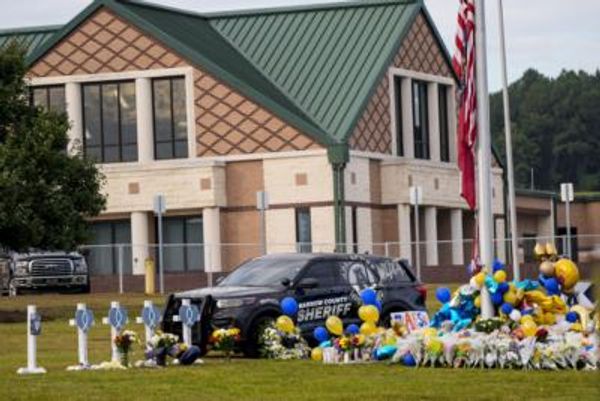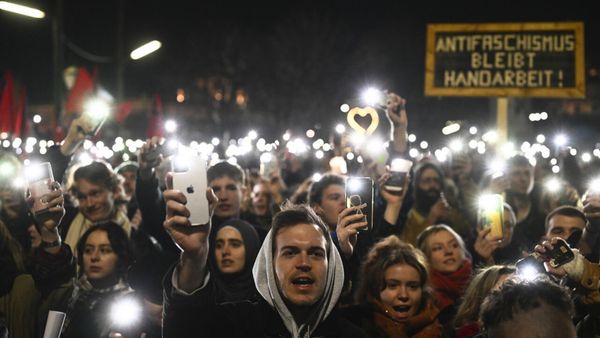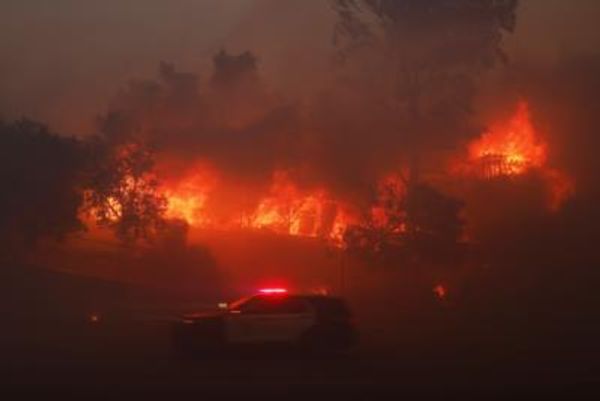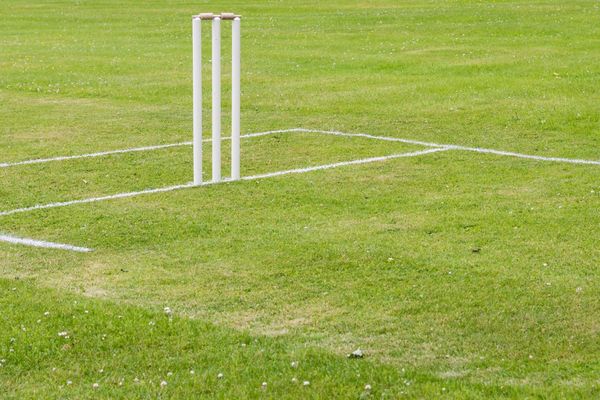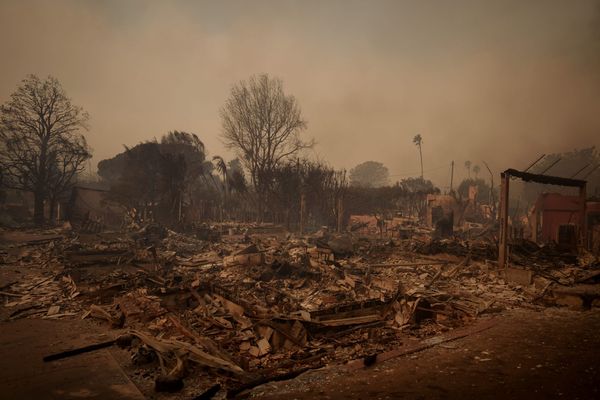
In roughly a month, Tasmania will make Australia’s contribution to the biggest year for democracy in history, when its 415,000 voters head to the polls in one of Australia’s most distinctive and contradictory polities.
Jeremy Rockliff, the last remaining Liberal leader in Australia, called an early election this month after a pronounced period of chaos that threatens to end the party’s longest run of success in the history of the state.
Personalities
The structure began to quake last July, when Bass MP Lara Alexander and Lyons MP John Tucker resigned from the Liberal Party over disagreements with the way the state government had handled the proposed $715 million AFL stadium and other infrastructure projects. This sent the Liberals into the configuration that every government wants to avoid: minority.
If that wasn’t enough, in October, then attorney-general Elise Archer stepped down from the party after news of a probe into bullying allegations against her, which she denies, and then a series of texts she had allegedly sent were published in The Australian. This could have led to an even earlier election if Archer had, as she briefly considered, stayed in Parliament as an independent. Rockliff wrote her a letter demanding she clarify her intentions and Archer stood down, before lodging a formal complaint with Tasmania’s director of public prosecutions alleging the premier breached the state’s criminal code by attempting to “threaten and intimidate” a sitting MP into leaving Parliament.
The fun and games looked set to continue, when Archer announced she was running as an indie, but she swiftly withdrew. She wasn’t the only high-profile woman threatening to return and haunt her old party — former speaker Sue Hickey, whose axing from the Liberal ticket kicked off the last early election Tasmania had in 2021, is running as an independent in Clark.
Both Hickey and Archer have slammed Tasmania’s Liberals as hostile to strong-willed women. No doubt both will feel no small amount of vindication at the make-up of the Liberals candidates for this election — they’ve selected only 13 women among the 35 people vying for office this time around and one of the remaining blokes is none other than former federal senator and mischievous crypt keeper Eric Abetz.
One of Hickey’s last acts in Parliament was to use privilege to air vile comments Abetz had allegedly made about former Liberal staffer Brittany Higgins (allegations he denies). Then premier Peter Gutwein publicly backed Hickey, despite their recent falling out. Rockliff, generally considered a moderate, has obviously made (or been forced to make) a different calculus.
The Tortoise and the Hare-Clark
What makes this knot of contradictions and personalities even more febrile is Tasmania’s Hare-Clark voting system, which divides the state into five electoral divisions that each return five members through proportional representation.
This has, for the last quarter of a century, meant that the difference between a “landslide” — winning three out of the five seats in each of the five electorates — and minority government is only three seats. And a huge amount depends on where the vote falls — a minuscule shift in the vote can change everything, and a big swing can cost almost nothing.
The Libs received 51% of the statewide vote in 2018 and out-polled the ALP by nearly 20% in 2021, and in both cases still just scraped to a majority. Psephologist Kevin Bonham points out that majorities have been formed with as little as 44.79% of the vote and haven’t been achieved with as much as 47.68%.
Adding yet another level of complication is that the Parliament has opted to return to the pre-1998 allocation of 35 seats — the initial reduction was aimed at reducing the influence of Greens and independents. Bonham has said that on current numbers, the change won’t greatly impact the Liberals’ chances of forming a majority government.
Issues
As the double resignation last year made clear, the handling of the AFL stadium is going to be a big issue. In a state where gun control is always a live issue, both the majors have said they will overrule a police edict that would end the exemption from licensing, registration and storage requirements enjoyed by antique gun owners. Perennials like a troubled health system and housing are sure to come up on the campaign trail. One unspoken issue is the impact of gambling thanks to the practical state capture at the hands of gambling interests.
Correction: A previous version of this article said Elise Archer was running in this election as an independent candidate. It has been updated to reflect the fact that she has withdrawn.
